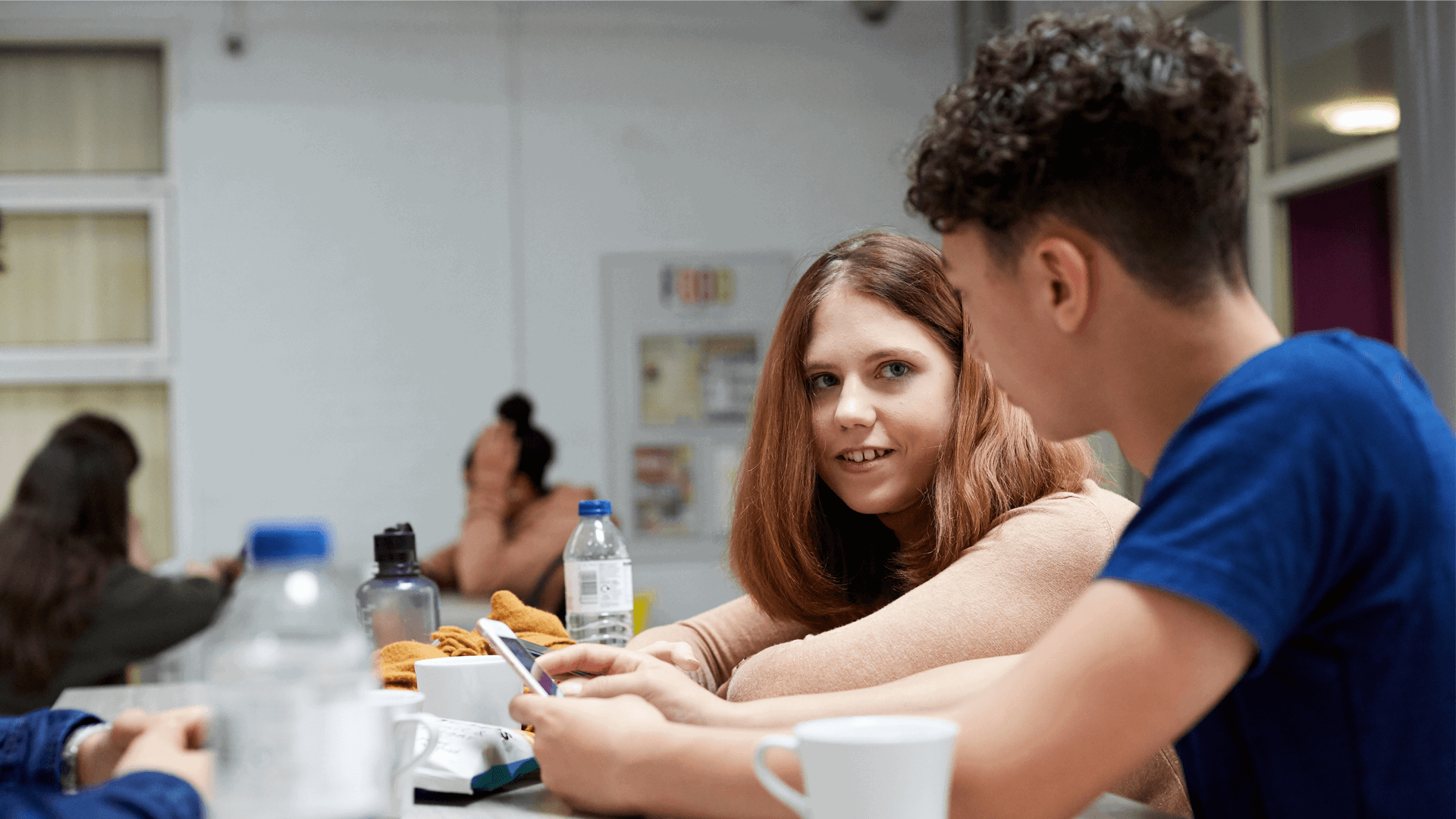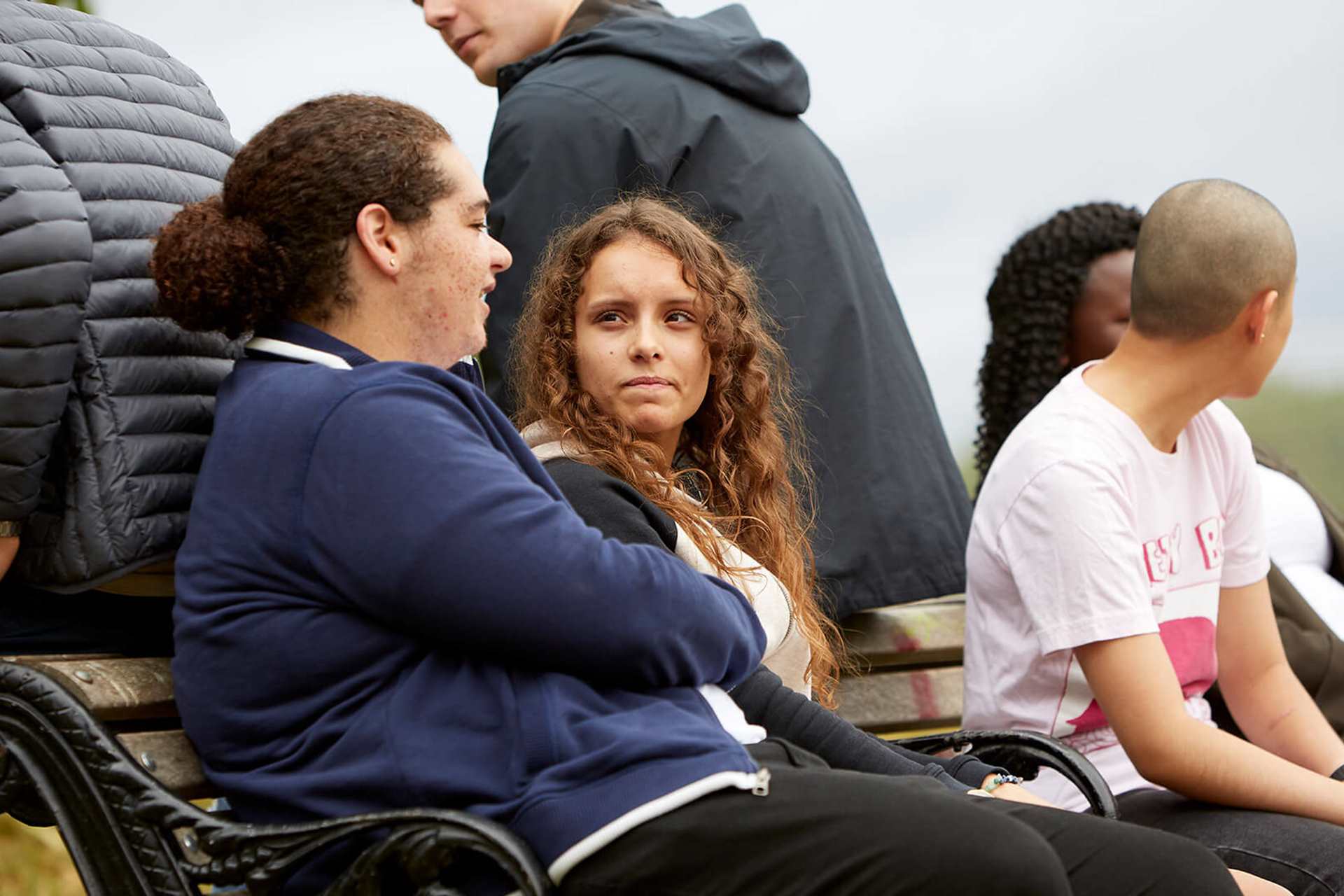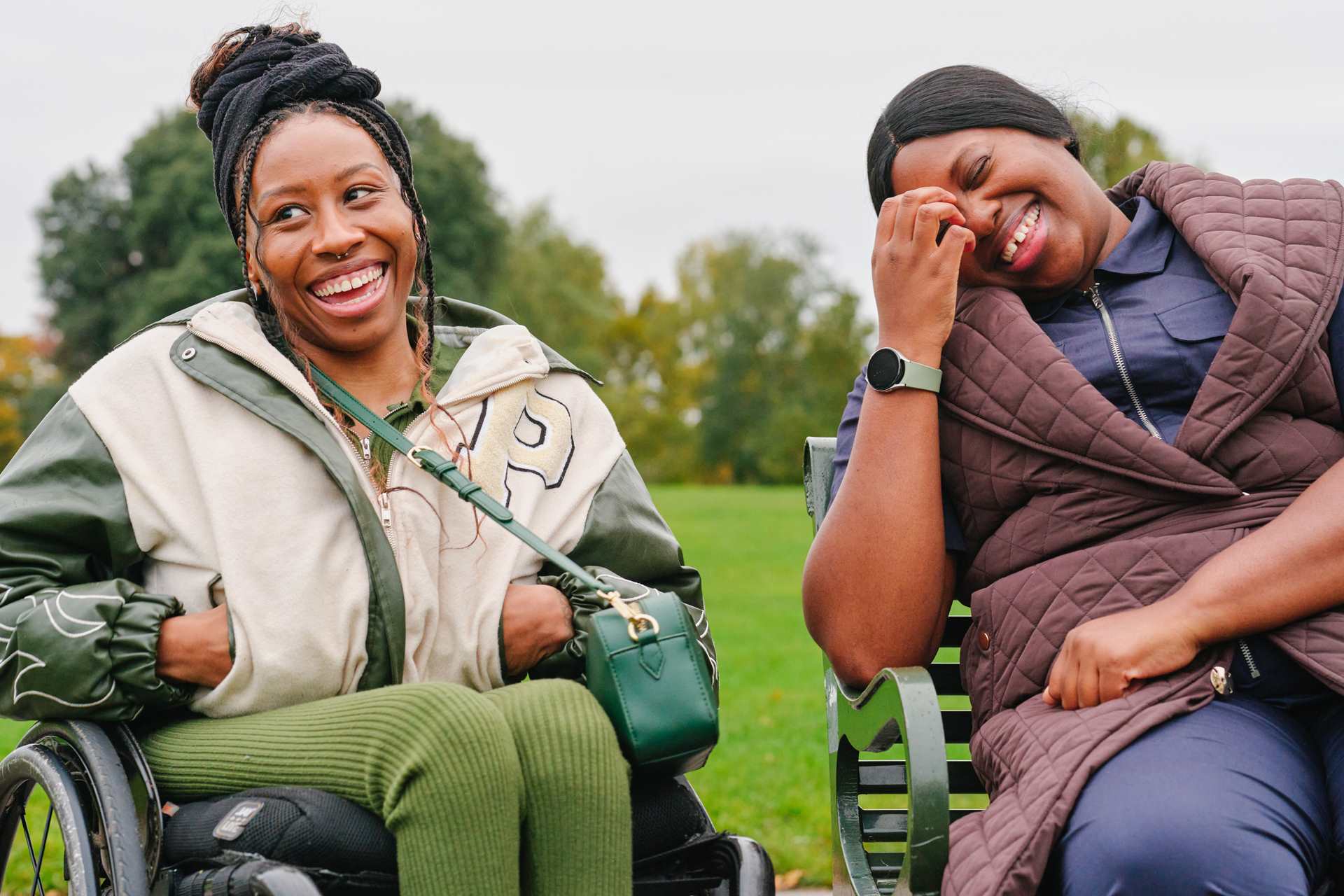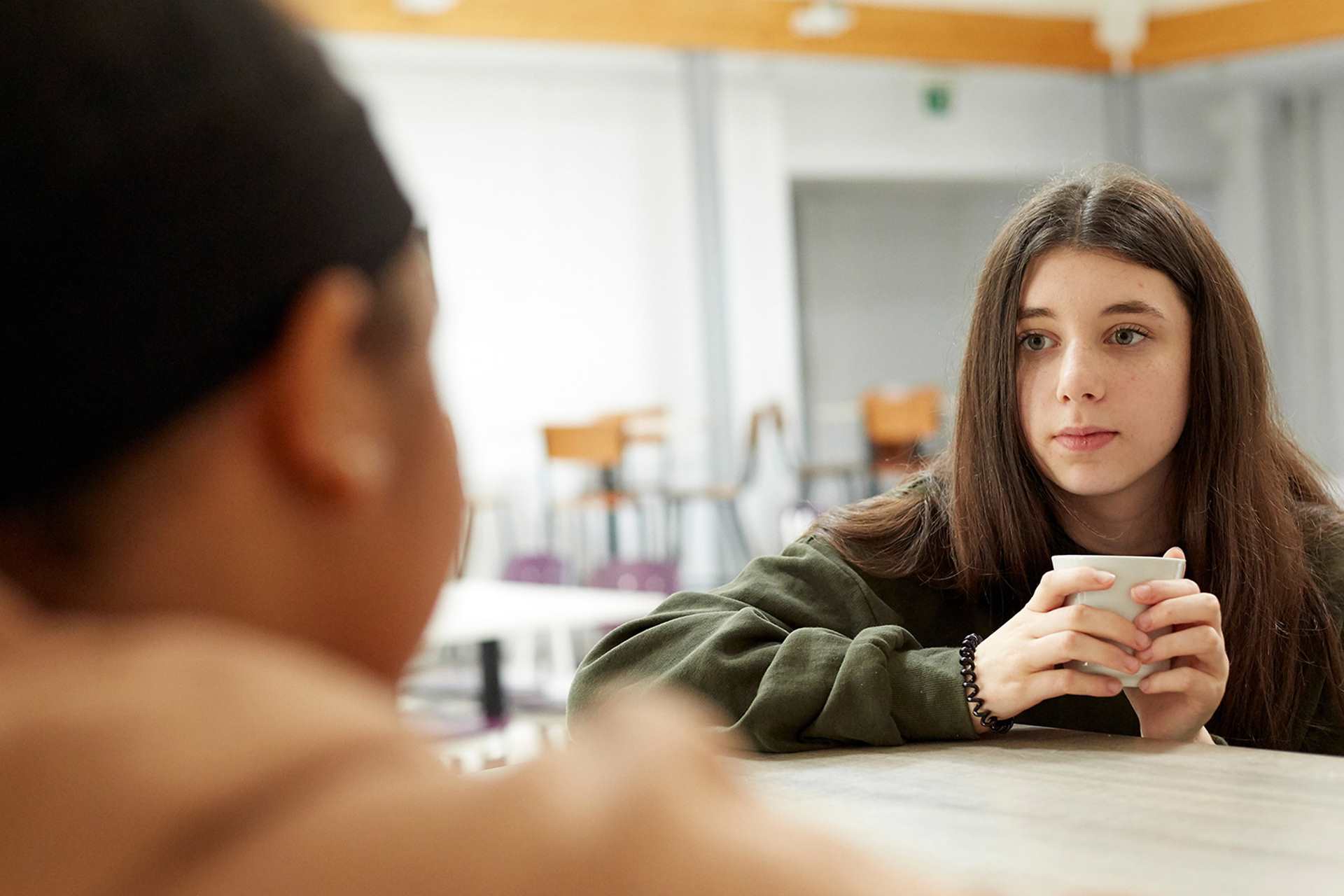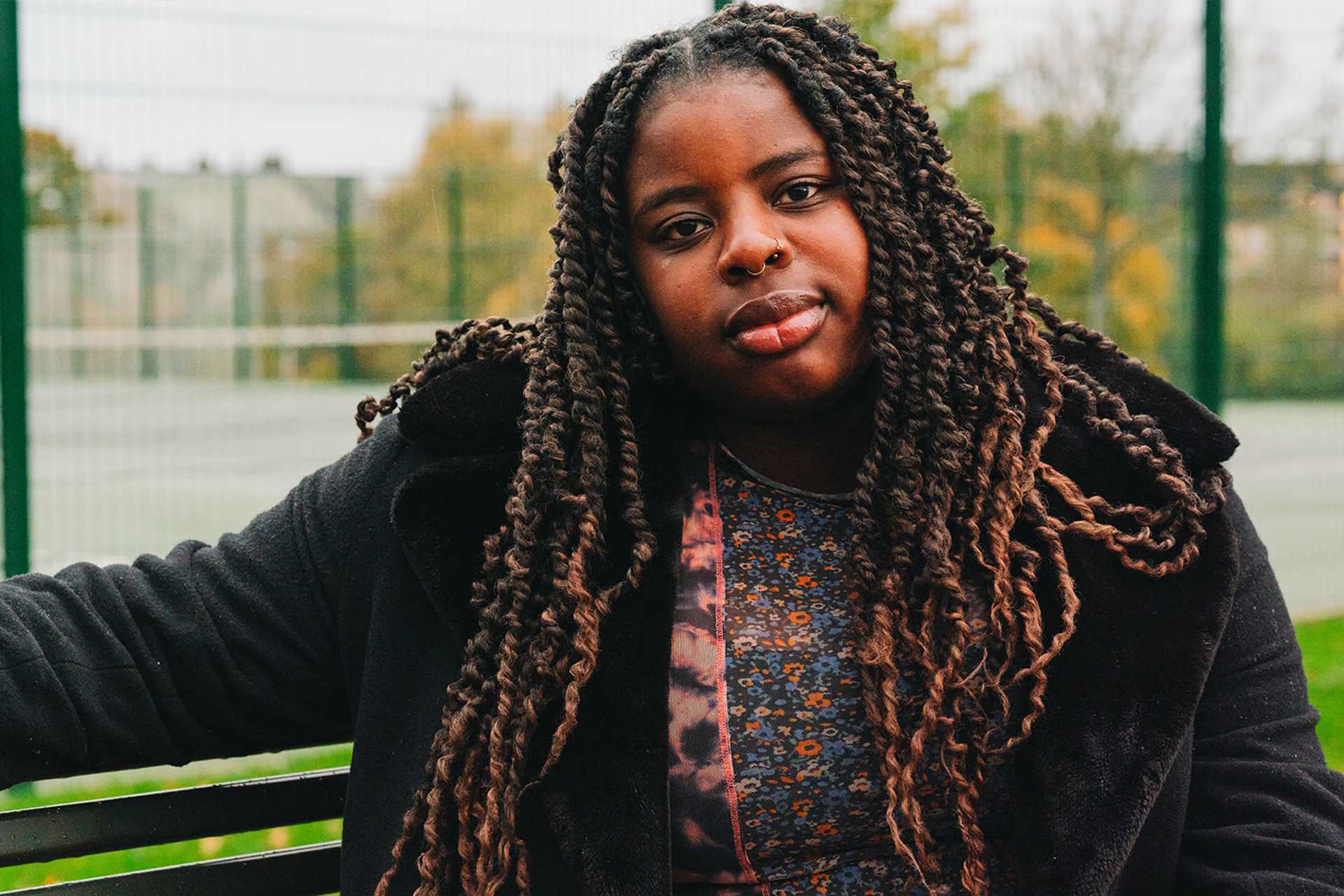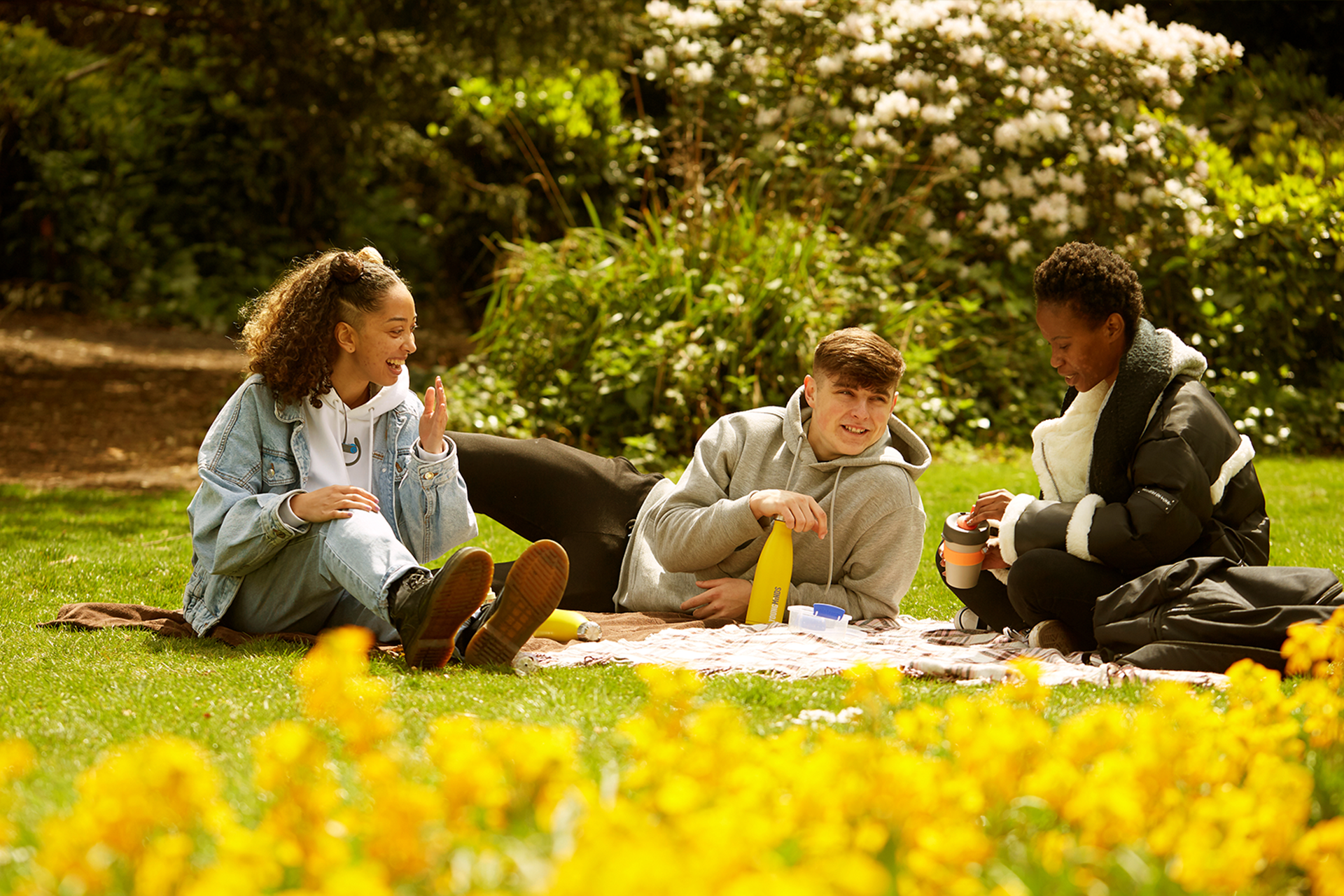Topics mentioned: autism, anxiety, self-care
About: Madeleine explains how the Covid-19 pandemic has affected their mental health as an autistic person, and shares their tips for managing.
I was diagnosed as autistic in January 2018, and since then I’ve been learning more about the way that I process information and cope with different situations. The coronavirus (Covid-19) pandemic has changed everyone’s way of life in many different ways, in a very short timeframe. The challenges posed by the coronavirus pandemic for me as an autistic person have affected my mental health in a few ways.
Change in routine
One trait that many autistic people share is needing a bit more time than others to adjust to changes to routines, but because everything had to happen so quickly there was no time to get used to the idea of change. One day I was in college doing my coursework and the next all my lessons were online, there was no adjustment period. For me this felt like my whole life was being ripped away. I’ve worked very hard to get my mental health to a good place where I feel able to go to college by myself, so this was a big adjustment.
One thing that helped me with this was getting myself into a new routine that works for me. I’m most productive in the evenings so I now spend my days baking, watching TV shows and on social media and my evenings studying and doing my coursework.
One thing that helped me with this was getting myself into a new routine that works for me.
Social interaction
A common myth about autistic people is that we’re all introverted and don’t enjoy or need social interaction. For me this couldn’t be less true - I thrive off of social interaction and often use it to cope with the symptoms of my mental illness.
Due to the government guidelines regarding social distancing and isolation, I can’t meet any of my friends in person, which has had more of an impact on my mental health than I expected it would. I’ve tried to deal with this by video-calling people but I find phone calls really difficult if they don’t have a specific purpose – I really dislike making small talk, even with people I know well.
Social media has been a great help for me in this though, and a lot of the people that I follow on Twitter are starting interesting conversations and coming up with ideas to help everyone feel more connected.
A common myth about autistic people is that we’re all introverted and don’t enjoy or need social interaction. For me this couldn’t be less true.
Uncertainty
There’s a lot of uncertainty about when we’ll be able to start returning to ‘normal’ life, and for me and many other autistic people this has been a great source of anxiety. If there was an end date in sight for all the change and strict rules, this would be so much easier to cope with.
Of course I understand why there isn’t a solid end date, but everywhere I turn people are saying different things about when they think this will be over/if they think this will end and it’s a lot of information to process. Something that has helped with this is learning how to ask people to change the conversation, and limiting my exposure to news about the virus.
Rules
Everywhere I look there are different interpretations of what rules we should be following and what they mean. Growing up I often wouldn’t understand what the rules meant so I couldn’t follow them properly, this would lead to me getting in trouble a lot for doing things that I didn’t realise were wrong.
When the new rules and police powers were announced I was really scared that I’d accidentally get something wrong and get fined or arrested. It took me a week to build up the courage to step outside my house and go for a walk, because I was worried that I actually wasn’t allowed to. It actually took one of my non-autistic friends messaging me and recommending that I go for a walk to reassure me that it was okay to do that.
It actually took one of my non-autistic friends messaging me and recommending that I go for a walk to reassure me that it was okay to do that.
Self-compassion
It’s really easy to believe that everyone else is doing way better than me. It’s easy to think that the whole world is adjusting to these new circumstances really easily and I’m the only one that’s struggling; however this is simply not true! A lot of people are finding things tricky at the moment, and allowing myself to recognise that these are difficult times for everyone, and that it’s okay to struggle has really helped my anxiety surrounding this situation.
-
Filling my time with lots of different activities – this limits the amount of time I have to worry and make myself more anxious
-
Asking my family to change the topic of conversation if it’s making me anxious
-
Only getting my news from official sources like newspapers and government webpages instead of social media
-
Playing with sensory items and fidget toys when I get anxious, as they distract me and help me calm down
-
Prioritising self-care over productivity – it’s more important that I get through this healthily than it is for me to get lots done
It’s more important that I get through this healthily than it is for me to get lots done.
Where to get help
-
Childline
If you’re under 19 you can confidentially call, chat online or email about any problem big or small.
Sign up for a free Childline locker (real name or email address not needed) to use their free 1-2-1 counsellor chat and email support service.
Can provide a BSL interpreter if you are deaf or hearing-impaired.
Hosts online message boards where you can share your experiences, have fun and get support from other young people in similar situations.
- Opening times:
- 24/7
